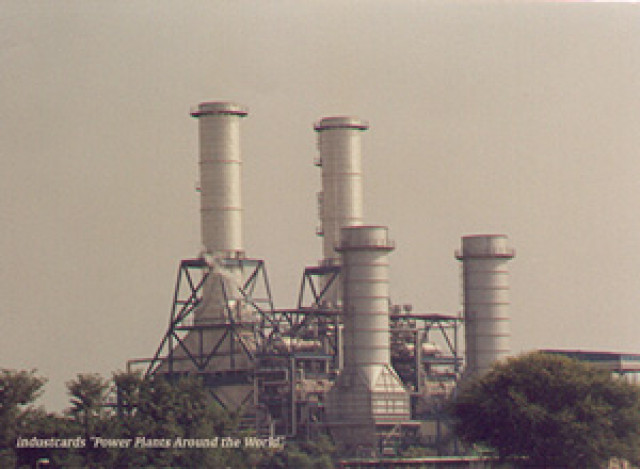According to a news item that appeared in leading newspapers, the government is under pressure from international lenders and is likely to link gas prices to the British Thermal Unit (a unit of energy) value of oil soon. This means gas prices will reflect the price and energy-producing capacity of oil.
The move will increase gas prices for all types of consumers upto an alarming 500 per cent from the current average sale price of Rs320 to about Rs1,600 per million BTU.
For industrial and commercial users, the average sale price will go up from Rs382 mmbtu {one million BTU) to Rs1,910 mmbtu. This will further raise electricity tariff, as most of the new and recently converted power plants operate on gas.
This kind of move is grossly unjustified, unethical and unprecedented. Gas is an indigenous commodity and should be billed keeping locals in mind. For instance, Middle Eastern nations give domestically produced oil at subsidized rates to their local populace. Also, the Bangladeshi government provides its locally produced gas at a much lower rate than the international market. Even the developed world gives a huge amount of subsidies to their local agriculture sector, to subsidize their farmers and local food prices at the expense of lowering global prices and thus hurting agriculture economy in underdeveloped countries.
Although the industrialized and developed world is a proponent of the free market economic system, whereby all prices are linked to global parity, one can see a violation of these principles by heavy Chinese rebates for exports and enhanced market access under pacts such as NAFTA and AGOA.
Linking gas prices to the proposed mechanism will increase inflation, reduce the already dwindling purchasing power of the masses and substantially reduce employment generation capacity of the country as new investments and industry will shy away. Furthermore, it is pertinent to note that industrial production is already under severe stress due to the high cost of engaging in business, as well as the deteriorating law and order situation. This move will only bring industrial and commercial enterprises to the verge of collapse. The price mechanism will be negatively affected by the depreciating rupee, due to its linkage with international parity. It will also encourage theft and ruin the gas distribution companies, as very few will be able to pay.
It is strongly recommended that the government share the benefits of this indigenous resource with the people of Pakistan.
Dying for a share of our own resources
Most countries subsidize the cost of indigenous resources for their citizens. Why can't Pakistan do the same?



COMMENTS
Comments are moderated and generally will be posted if they are on-topic and not abusive.
For more information, please see our Comments FAQ